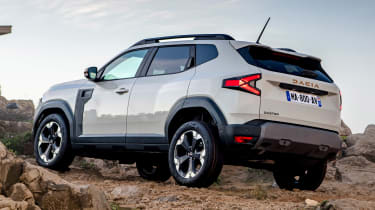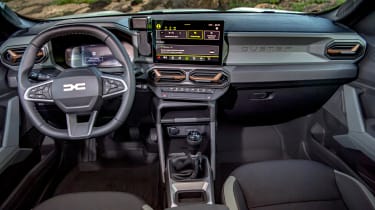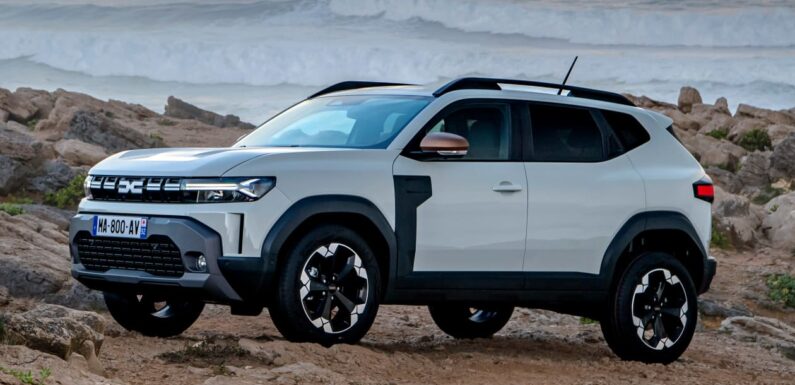
Dacia has taken the wraps off the latest Duster, which arrives with a new look and fresh technology
The Dacia Duster SUV has been at the heart of the brand’s success over the past two decades. Now Dacia has revealed the latest iteration of the big-selling model, promising fresh technology, even greater practicality and new engines, including a hybrid – but retaining a laser-guided focus on value for money.
Dacia has managed to keep the Duster well hidden throughout its testing cycle, but it’s immediately obvious the design has been heavily influenced by the Bigster concept of 2022. The Romanian firm went through a rebranding process in 2022, with a new ‘link’ badge and a sharpened values like ‘robust and outdoor’, ‘Essential but Cool’, and ‘Eco-Smart’. All of these principles have been applied to the new Duster.
-
Top 10 best mid-size SUVs to buy 2023
Even so, the design of the new generation retains the formula that helped give the previous Dusters plenty of kerb appeal. The new car, which moves across to the same CMF-B platform that underpins the Renault Clio and Captur, and Dacia’s own Sandero and Jogger, is slightly wider and lower than the model it replaces, but it retains the same length. That combination helps to give it a stocky stance, plus there’s chunky wheelarch cladding, beefy bumpers front and rear, and 7mm more ground clearance than before.
The front end sees a new grille and headlight arrangement, wherein the parallel lines across the grille flow into the daytime-running light signature. Along the flanks, the rear door handle has been hidden in the C-pillar and the roofline slopes down to the rear for a sleeker profile. And at the back, the C-shaped rear lights mimic those of the Bigster concept – a sure-fire sign that this motif will be applied to the production version of the larger SUV when it arrives in 2025.
The Duster’s roofline has been lowered to improve efficiency, according to Dacia, but sitting in the car, it felt perfectly spacious for a 6ft-tall adult, both up front and in the rear. The boot is bigger than the previous model’s too, with a capacity of up to 472 litres (up from 442 litres in the old two-wheel-drive iteration).
The wheelarch cladding and side sills, and the panel beneath the wing mirrors, are all made of Dacia’s new trademarked material, called ‘Starkle’. It’s the same plastic finish that featured on the Manifesto concept car from 2022 and is 20 per cent recycled, complete with white particles that give it a speckled look that contrasts with the rest of the body. It also counts as an unpainted section, potentially lowering production and maintenance costs.
While we’ll have to wait until early 2024 to try the Duster on the road, Dacia claims the switch to CMF-B from the previous platform (whose roots could be traced back to the late nineties) “reduces vibration and noise from the road, enhancing driver comfort”. The firm says ‘it provides a quantum leap in driving pleasure, with an unmatched connection to the road”.
The new architecture also means a fresh selection of powertrains and, for the first time in a Duster, electrification. There’s the Hybrid 140, as seen on the Jogger, blending a 1.6-litre four-cylinder engine with an electric motor and starter-generator for a total output of 138bhp. Dacia says the Duster Hybrid 140 will be able to drive in all-electric mode for up to 80 per cent of the time in cities, thanks to the set-up’s 1.2kWh battery. As with the Jogger, the full-hybrid Duster will be available only with an automatic gearbox.
For those who don’t need that level of electrification, there’s a new more conventional petrol, the TCe 130. It’s a 128bhp three-cylinder, 1.2-litre turbocharged petrol engine, boosted by a 48V mild-hybrid starter-generator. Dacia claims the assistance helps to reduce fuel consumption and CO2 emissions by around 10 per cent, compared with an equivalent non-hybrid motor. The TCe 130 comes with a six-speed manual transmission as standard, and with the choice of two-wheel drive and four-wheel drive – the first time that driven rear wheels have been offered with the CMF-B platform.
Dacia is one of the few car makers in Europe to continue to offer an LPG and this will continue with the TCe 100 Bi-Fuel. But unlike with the two hybrids, there’s no word yet on whether this variant will be available in the UK. The Duster Bi-Fuel comes with an impressive 807-mile range, thanks to two fuel tanks (one for petrol and the other for LPG).
New driving modes have been added to the Duster, to give it more off-road ability. The “4×4 Terrain Control transmission” includes five settings; Auto distributes power between the front and rear, depending on the vehicle’s speed and grip, Snow optimises traction for slippery surfaces, Mud/Sand is for fluctuating terrain and Eco optimises the torque flow to decrease fuel consumption.
The driving modes are selectable via a rotary knob in the centre console. In the middle of the dial there’s a hill-descent control function to help limit the car’s speed on steep downhill gradients. The central screen also has a readout of the car’s tilt, pitch and power distribution.
There are four trim levels for the new Duster. Essential kicks things off and it’s followed by Expression, while at the top of the range there’s a split between the Journey model and the slightly more off-road-focused Extreme.
Essential features a 3.5-inch media screen on the dash, a smartphone holder (which is what Dacia expects customers to use more often than the screen), Bluetooth connectivity, a USB port, cruise control and rear parking sensors.
Both the 10.1-inch screen and Dacia’s newly revised infotainment offering are available on the Expression trim level and up. The system includes Apple CarPlay and Android Auto wireless connectivity, plus a reversing camera. Expression also gets a larger seven-inch driver’s display and 17-inch alloy wheels.
The Journey model sits alongside the Extreme in the line-up so we expect these variants to be closely matched on price. They should also provide the majority of UK Dusters too, since the firm claims that high trim levels usually account for 70 per cent of sales. Journey gets 18-inch alloy wheels, fog lights, automatic air conditioning, hands-free entry, an electric parking brake, a wireless smartphone charger and an uprated sound system.
The Extreme’s extra focus on the outdoors is evident, with washable upholstery and rubber floor mats in the cabin and boot. It also gets sat-nav, electric folding door mirrors and Copper Brown styling flourishes, inside and out.
The most novel interior feature in the car is probably a new option called ‘YouClip’. Again previewed by the Manifesto concept, it’s a trademarked creation which comes as standard (with three clips or five, depending on the trim level) and allows you to fix accessories like lights, screens, bottles and keys to the interior throughout the car. Dacia says the clip has a maximum weight of 8kg.
Dacia hasn’t announced pricing for the new Duster as of yet, but in continental Europe it’s expected to cost from under 20,000 euros. So we should probably expect only a mild increase on the current car’s £17,295 starting price when the all-new version arrives in showrooms in the second half of 2024.
Click here for our list of the cheapest cars on sale in the UK…
Source: Read Full Article
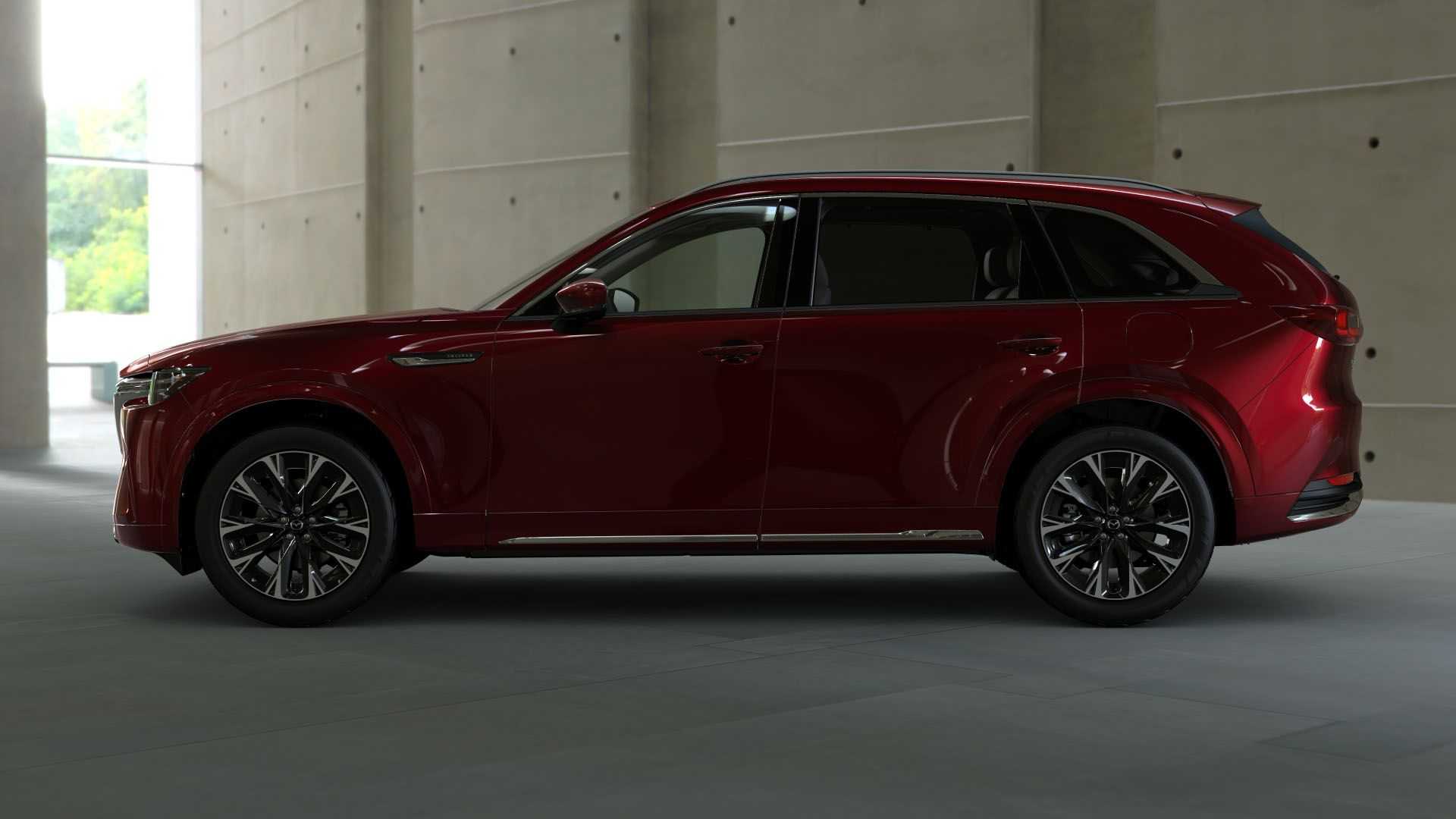
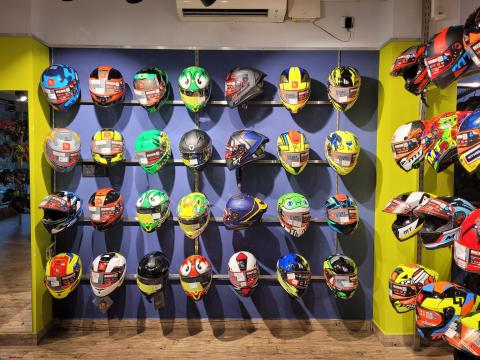
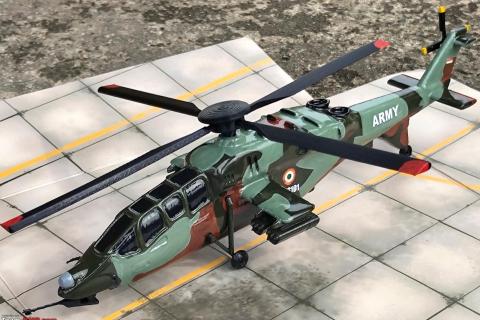
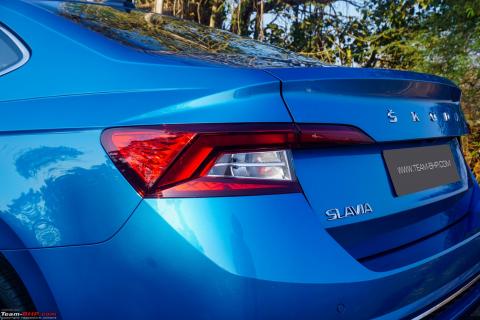
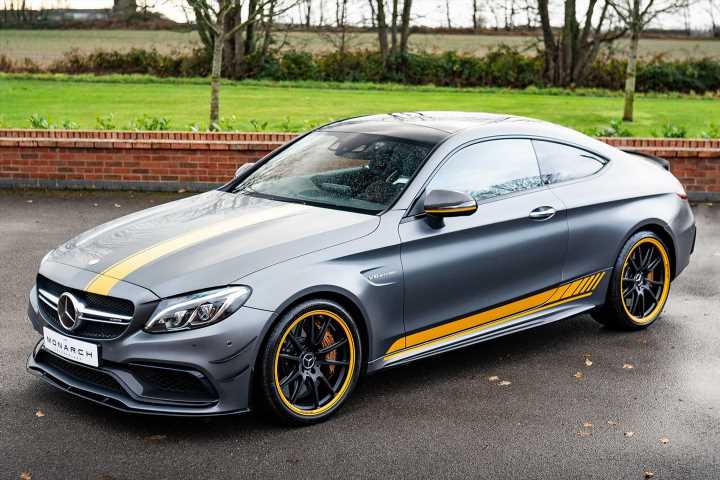
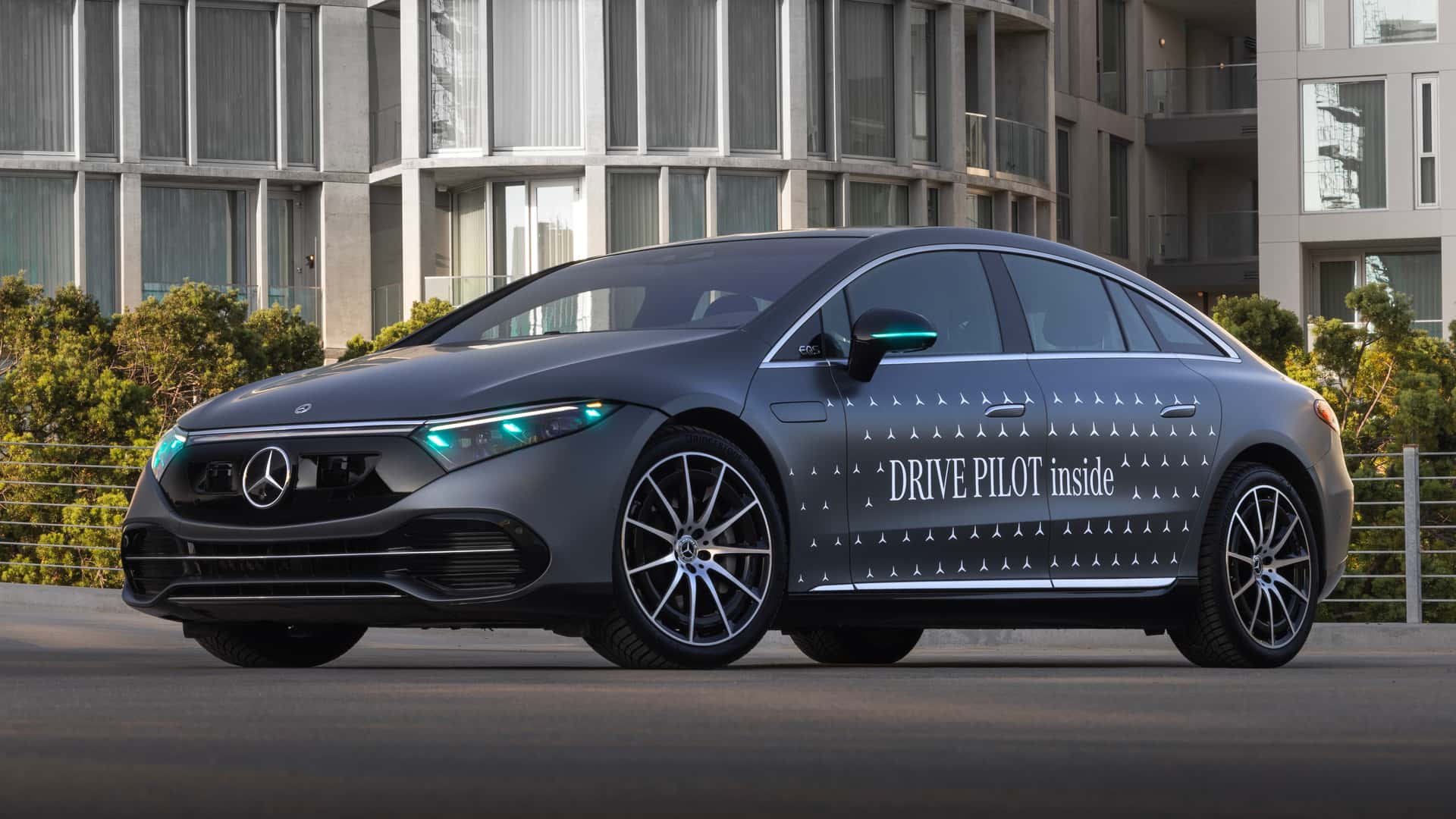
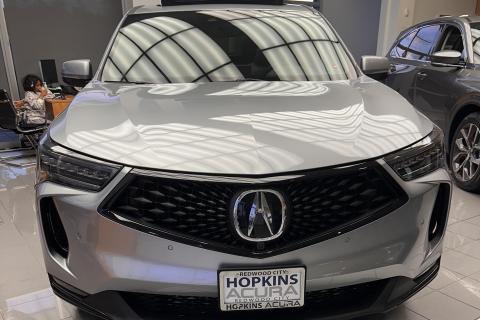
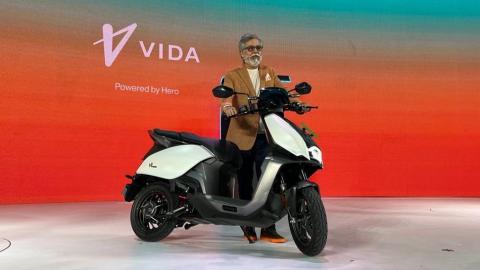
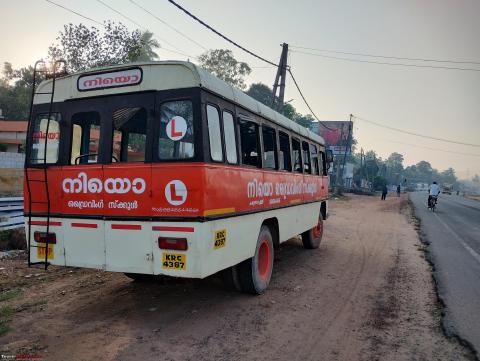
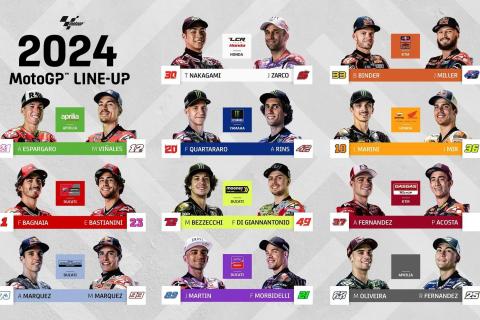

 Top 10 best mid-size SUVs to buy 2023
Top 10 best mid-size SUVs to buy 2023